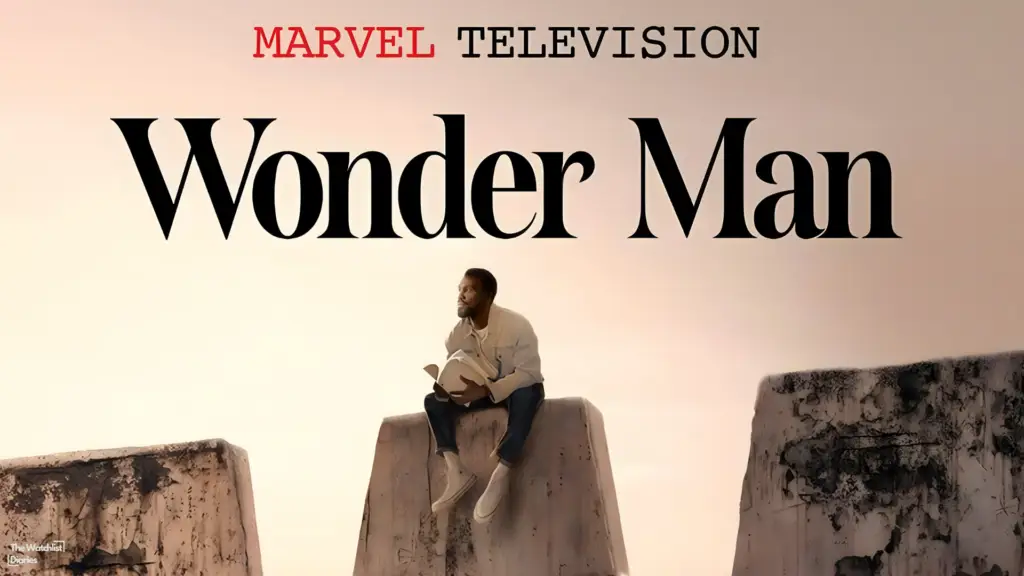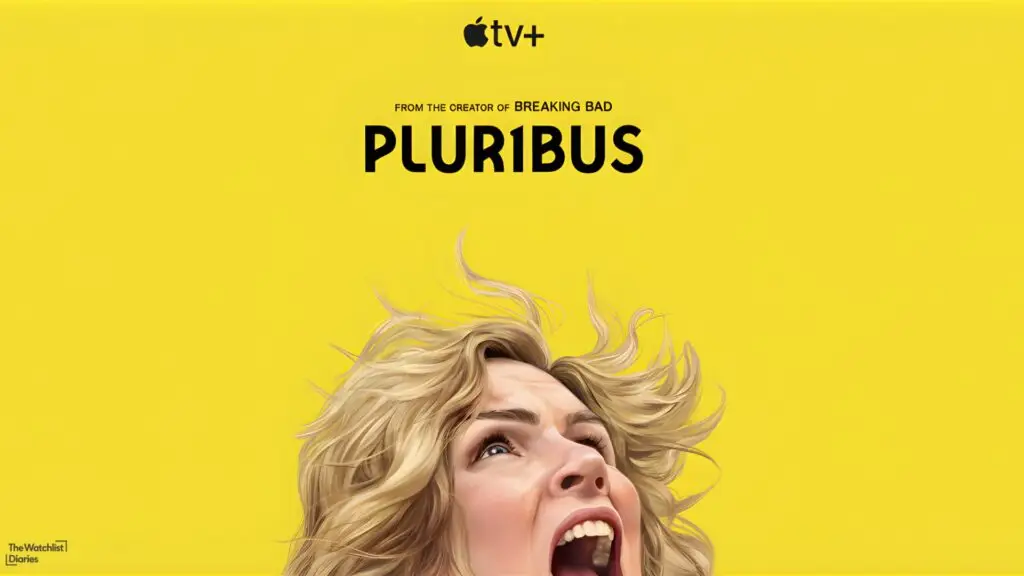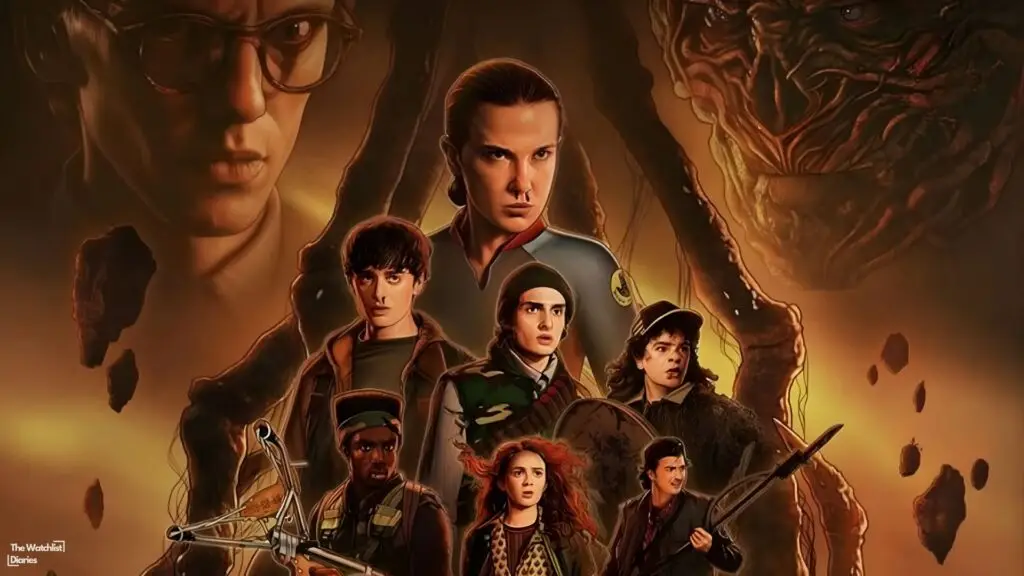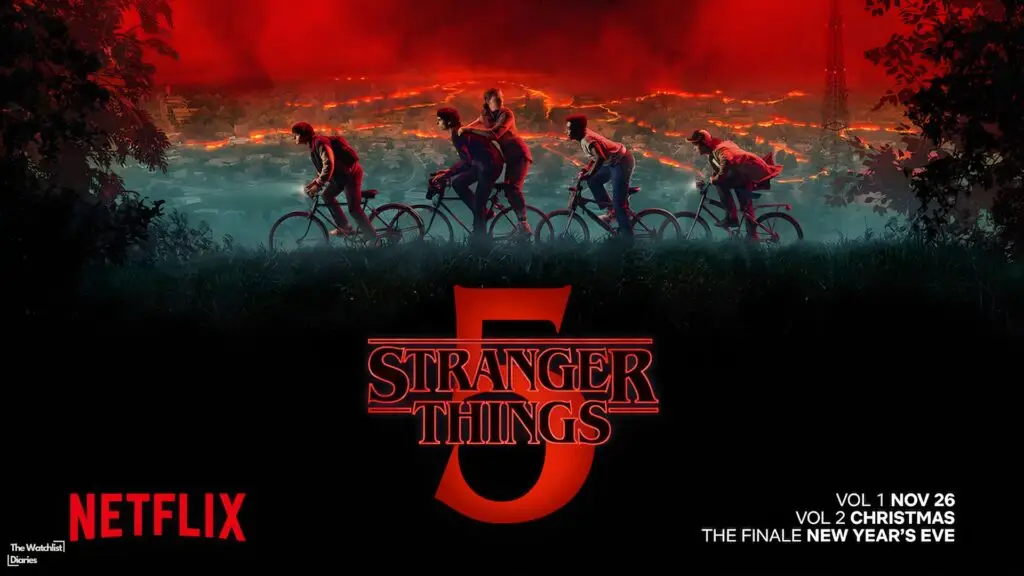Ironheart Review – Why the MCU’s Newest Show Feels Heartless
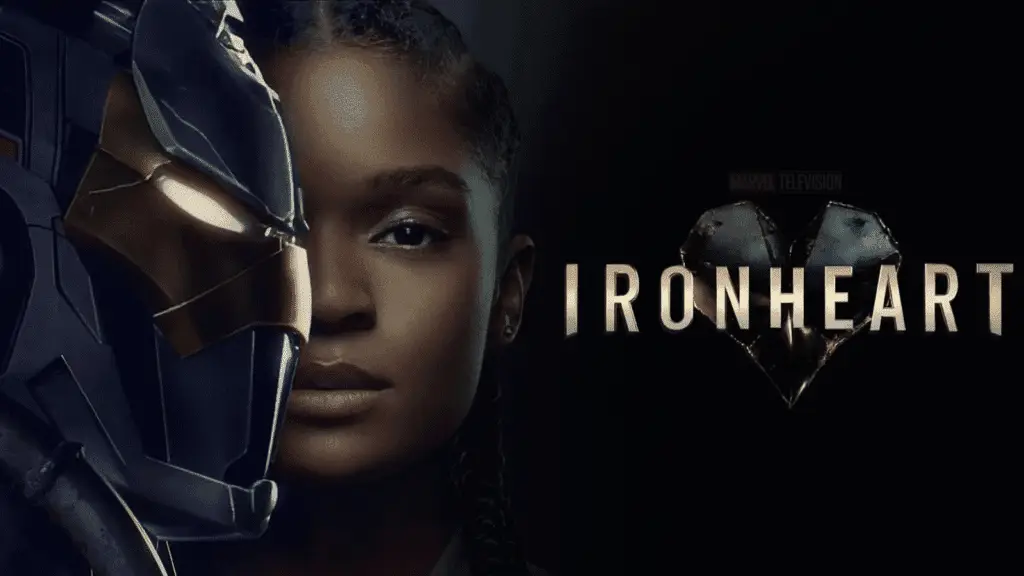
For a series with heart in the name, it sure forgets to put any into the actual story. As the latest entry to wrap up Phase 5 of the MCU, Ironheart had a lot riding on it. But is it even worth your time? Here’s our honest Ironheart review.
Let me preface this by saying I’m writing from two perspectives: one as a longtime Marvel fan (someone who watched the MCU from Phase 1, eagerly waited for the Thanos showdown teased in The Avengers in 2012, and got swept up in the cultural wave that was Avengers: Endgame) and the other as a lover of well-written TV shows. And on both counts, Ironheart is a letdown.
Marvel’s Faith Problem and Why Ironheart Suffers for It
When Disney drops an entire Marvel show at once (in this case, in staggered three-episode batches over two weeks), it usually signals low confidence in the product. Echo got a similar treatment. So I went in cautious, yet hopeful, because despite everything, I still want Marvel to succeed.
Unfortunately, after finishing all six episodes, my reaction is just: meh. Sure, they released it, but it feels like Marvel just wanted to get it over with.
Within the first 15 minutes, we’re hit with a line that sparked instant backlash online: Riri Williams says Tony Stark was only special because he was rich. Cue my eye-roll and immediate mental response: “TONY STARK WAS ABLE TO BUILD THIS IN A CAVE… WITH A BOX OF SCRAPS!” (Obadiah Stane voice).
That one line represents a recurring issue in the show—cheap shots at legacy characters without properly building up the new ones. Tony Stark’s arc was about growth: from selfish arms dealer to selfless hero. His genius and privilege coexisted, and reducing it to just money feels like lazy writing. It dismisses everything that made audiences care about him.
This is a trend we’ve seen in recent MCU entries since Phase 4. New characters are often elevated by undercutting the old ones, instead of earning their place. Think Jen in She-Hulk brushing off Bruce’s trauma, or G’iah having the power of all Avengers combined in Secret Invasion with no setup. Riri’s take on Tony is just another example of that shortcut.
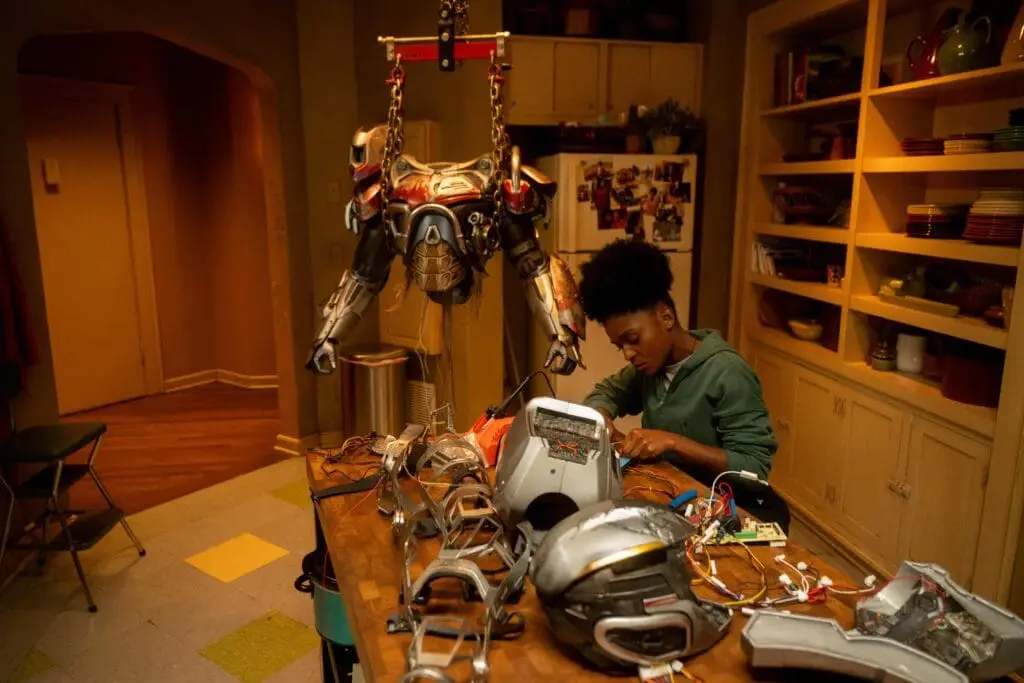
Magic, Tech, and a Whole Lot of Mess
The plot? Riri wants to build something iconic but doesn’t have the funds. So she joins a gang led by The Hood to steal from Chicago tech billionaires. After criticizing Tony’s privilege, she literally turns to crime. Irony, much?
We’re also introduced to Ezekiel Stane (Obadiah’s son, under the alias Joe McGillicuddy), a character with potential who ends up as a half-baked bionic anti-hero. Even Mephisto, hyped for years, shows up in the final episode like an afterthought. It feels less like a payoff and more like a last-minute attempt to raise the stakes.
From a lore standpoint, the decision to power Riri’s suit with magic feels inconsistent. In the comics, especially during Civil War II, she’s a tech purist who dismisses magic outright. Here, they set up a tech-versus-magic theme, but the execution is confused. It waters down Riri’s core identity.
Then there’s Zelma Stanton, originally a comic relief character in the Doctor Strange series. In Ironheart, she’s portrayed as a full-fledged magic user. Her ability to casually tap into dark dimension energy diminishes the effort it took Strange or Kaecilius to master those same skills. If everyone with “talent” can do it, then what made Strange special?
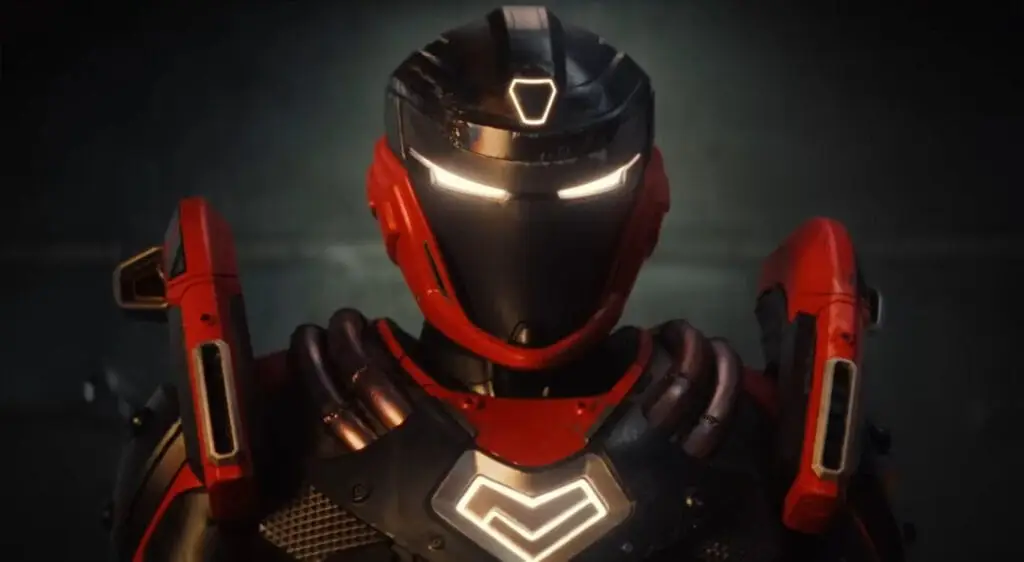
Suspension of Disbelief? Hard to Maintain
Even viewed as a standalone sci-fi drama, the show stumbles.
Riri loses access to her AI (after being expelled from MIT and losing her Stark grant), and her suit starts falling apart mid-flight. That’s not how advanced systems should work. No backups? No overrides?
Then there’s The Hood’s grand plan: force startup founders to sign over company shares. Yet somehow, his crew walks away with bags of cash. That’s not how equity works. And anything signed under duress isn’t legally valid anyway.
The show tries to give Riri emotional depth. We learn she lost her stepfather and best friend in a shooting, and now pushes people away as a coping mechanism. But it doesn’t land. She constantly breaks rules, flirts with criminality, and yet the narrative insists she’s the one being wronged. That dissonance never really gets addressed.
The Highlights: Music, Acting, and One Sinister Presence
There are a few bright spots worth mentioning:
- The soundtrack is genuinely great. It matches scenes perfectly and enhances the few emotional moments that do work.
- Dominique Thorne plays Riri with sincerity. She nails the emotional and sarcastic beats the role demands, even if the script doesn’t always support her.
- Sacha Baron Cohen is a fantastic casting choice for Mephisto. He brings a chilling charisma to the role and feels like a real threat. He deserved more time on screen.
If Marvel builds toward a Doctor Strange vs Mephisto showdown, I’ll be interested.
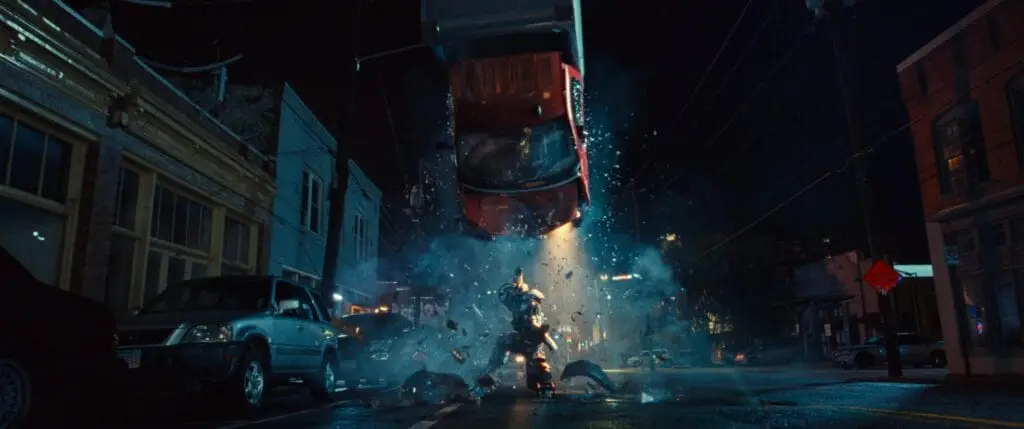
Final Verdict: Ironheart Review – An Underwhelming Spark
The series isn’t just “mid.” It feels unfinished and confused. Longtime MCU fans will be turned off by how Tony Stark is handled, and casual viewers may find Riri unlikable due to how her story is framed. Yes, the series is self-contained, and thankfully, no other legacy characters are dragged into this one. But even Mephisto, the most exciting part, is criminally underused.
Watch It or Skip It?
Skip it.
This is not a must-watch. If you’re worried about missing out on future MCU references, just read a synopsis or catch a YouTube breakdown before Avengers: Doomsday, where Ironheart is rumored to return.
Maybe her blend of tech and magic and Mephisto’s tease will tie into Doctor Doom, whose powers stem from a similar fusion. But for now?
Watch Ironheart on Disney+ only if you’re a completionist. And even then… keep expectations low.
Rating:
What did you think of Ironheart? Was it a bold new chapter or a forgettable footnote? Let us know in the comments below. And for more honest MCU reviews, deep dives, and hot takes click here to explore our Marvel section.

